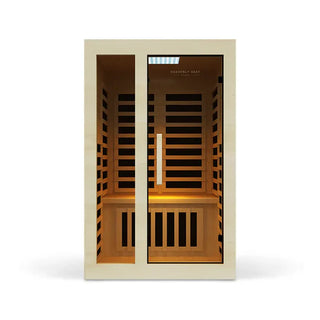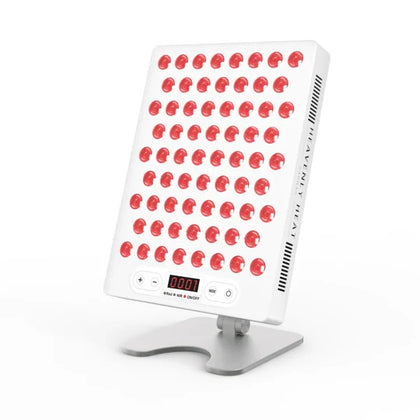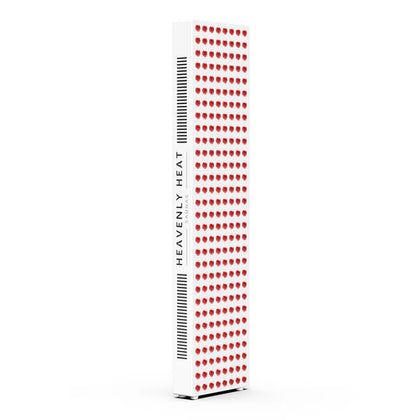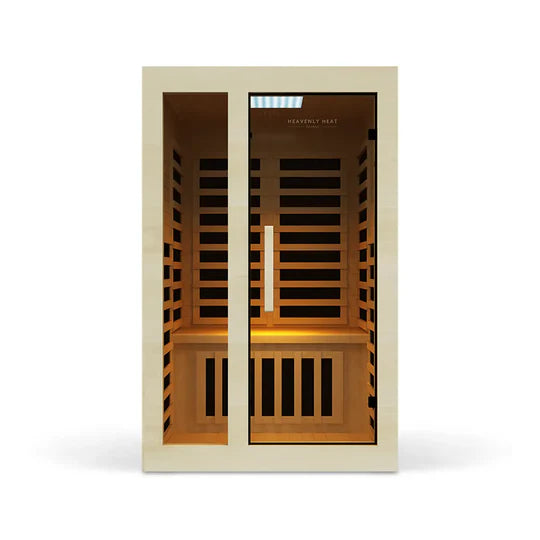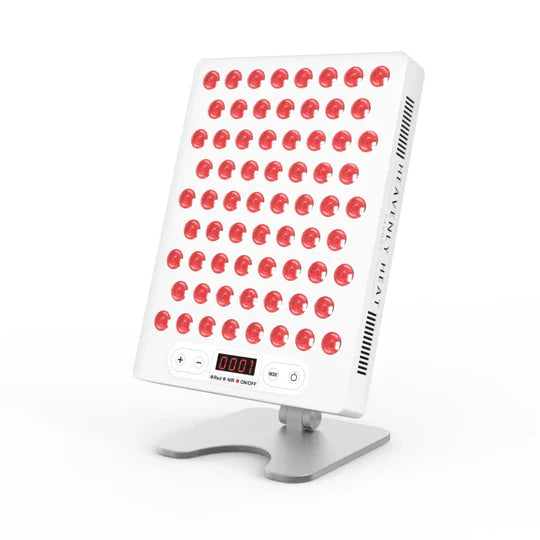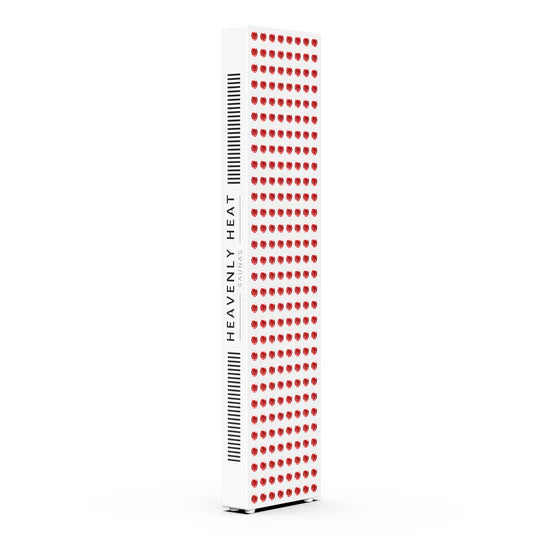Sauna vs. Hot Tub Pros and Cons
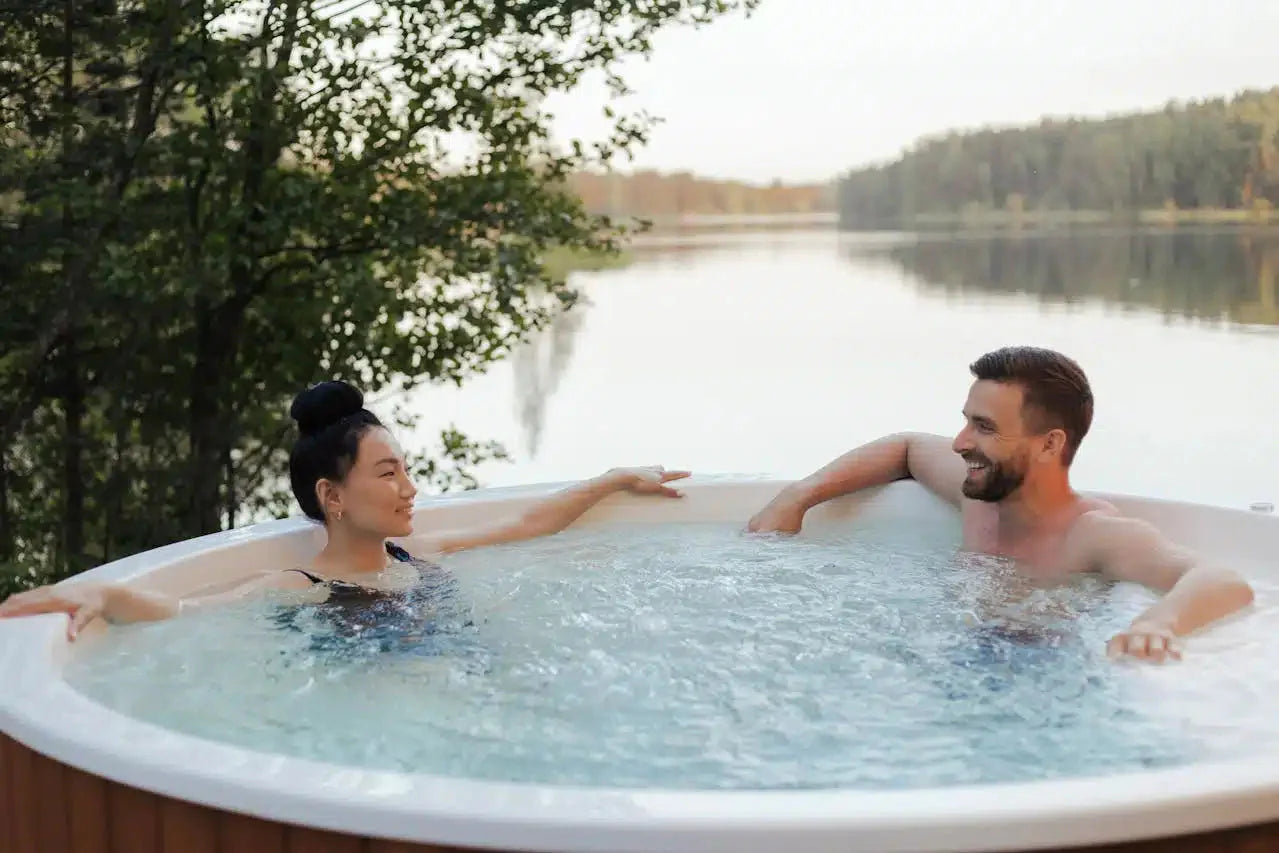
When it comes to relaxation and rejuvenation, there are few things that can rival the calming effects of a sauna or a hot tub. Both of these options offer unique benefits and have their own set of advantages and disadvantages. If you’re considering adding a sauna or a hot tub to your home, it’s important to weigh the pros and cons of each to make an informed decision.
What is a sauna?
- Sitting in a hot wooden room helps the body relax: A sauna is a small wooden room heated by a stove that warms rocks. This creates dry heat, helping the body relax and unwind, a practice followed for centuries.
- Sweating in a sauna helps clean the body from inside: The main benefit of using a sauna is that it makes you sweat. This sweating is one way the body gets rid of harmful toxins and waste.
- Regular sauna time can be good for your heart: Using a sauna often may support better heart health and lower the chances of some illnesses. It's not just relaxing, it could also help your body work better over time.
- Too much heat can be risky for some people: Not everyone can handle the heat. If someone has certain medical issues or doesn’t drink enough water, being in a sauna too long can lead to dehydration or health problems.
- Firewood gives a cozy feeling, electricity makes it easier: Old-style saunas use burning wood for heat, creating a warm and cozy feeling. Newer ones use electric heaters, they’re easier to use but might not feel as natural.
- Dry heat and steam both help clean the skin in different ways: Dry saunas use hot rocks to create heat without moisture, while steam saunas fill the room with humidity. Both help cleanse the skin , but steam opens pores more effectively.
What is a hot tub?
- Sitting in hot water feels really good after a long day: A hot tub is a small pool with warm water that helps you relax. It usually has water jets that gently massage your body, giving a calming and comforting feeling.
- It helps your body feel better when you're sore or tired: People with sore muscles, body pain, or old injuries often feel better after using a hot tub. The warm water and jets help relax tight areas and ease discomfort.
- Not everyone should use a hot tub, especially if health is a concern: Hot tubs aren't safe for everyone. Pregnant women or people with certain health issues may need to avoid them. It's always best to check with a doctor first.
- Taking care of a hot tub needs time and regular spending: You can't just buy a hot tub and forget it. It needs cleaning, water treatments, and regular checks. Plus, the electricity bills can go up too.
- You can choose a hot tub based on how many people will use it: Hot tubs come in many sizes, some fit two people, others fit up to ten. You can get one for inside your house or for your backyard, depending on what you like.
- Today’s hot tubs come with cool and fun features: Modern hot tubs often have things like colored lights, built-in speakers, and systems to keep the water clean. You can also change the temperature and control the jets the way you like.
- There are more costs even after you buy the hot tub: Buying the hot tub is just the start. You’ll keep spending on things like cleaning chemicals, electricity, and repairs to keep it running well for a long time.
Sauna Pros and Cons
Now that we understand the basics of saunas and hot tubs, let’s take a closer look at the pros and cons of saunas:
Pros
Saunas promote relaxation and reduce stress.
Saunas calm the body and mind, promoting relaxation and reducing stress. According to studies, sauna sessions lead to a decrease in the cortisol hormone. When this hormone decreases, it results in a reduction of stress and anxiety levels.
Regular sauna use may enhance heart health.
According to the Mayo Clinic, individuals who frequently use saunas have a lower risk of a heart attack or other life-threatening cardiac events. While saunas have benefits in themselves, it is best to follow a healthy diet with saunas to prevent health diseases.
Saunas aid detox by promoting sweating.
Saunas help get rid of toxins. When you sweat a lot in a sauna, it cleanses your body and makes you healthier.
Cons:
Sauna temperatures may be too intense for some.
Sauna temperatures may be too intense for some individuals, especially those with certain medical conditions such as open wounds, heart disease, and kidney problems. Additionally, you should listen to your body and adjust the temperature accordingly.
Saunas can cause dehydration with prolonged heat exposure.
Using a sauna for an extended period can lead to dehydration, especially with higher temperatures. Therefore, it is important to stay hydrated during and after sauna sessions.
Saunas need regular maintenance and occasional repairs.
Saunas require regular maintenance, including cleaning and occasional repairs, to ensure optimal performance and longevity.
Hot Tub Pros and Cons
Now let’s explore the pros and cons of hot tubs:
Pros
Hot tubs relax and relieve muscle tension.
Soaking in hot tubs helps relieve muscle tension. Individuals experiencing muscle soreness from intense exercise or working in a 9-5 job should consider investing in hot tubs to alleviate tightness and soreness.
Soothing Massage:
The warm water and jets in hot tubs offer a massage-like experience, providing relief for sore muscles and promoting relaxation.
Socializing and Quality Time
Hot tubs provide a relaxing environment for socializing with family and friends.
Cons
Maintenance Challenges
Hot tub maintenance can be time-consuming and costly, involving tasks such as water chemistry management and equipment upkeep.
Hot tubs need regular cleaning for water quality
Ensuring water quality in hot tubs requires regular cleaning, which can be a significant commitment for owners.
Energy Consumption
Running a hot tub can contribute to increased energy consumption, leading to higher utility bills.
Sauna vs. Hot Tub: Which is better?
- Sitting in dry heat makes saunas great for sweating and feeling clean: If you like the feeling of dry heat and enjoy sweating to feel refreshed, a sauna might suit you better. Saunas help you detox through sweat and can leave you feeling light and clear.
- Hot tubs feel good on the body and help blood flow better: Hot tubs use warm water to relax your muscles and ease stress," says Dr. Kara , explains that hot tubs may help lower blood pressure by improving blood flow, thanks to the heat making your blood vessels open up.
- Your personal comfort matters the most in this choice: Some people enjoy the dry heat of saunas, others prefer soaking in warm water. There’s no one-size-fits-all answer, it depends on what makes you feel good and relaxed.
- Think about your space, your budget, and how much care it needs: Before buying, it’s smart to consider how much room you have, how much money you want to spend, and how much effort you’re willing to put into cleaning and upkeep.
- Trying both and talking to a pro makes the decision easier: The best way to decide is to try both a sauna and a hot tub if you can. Also, getting advice from a professional can help you pick what’s right for your health and lifestyle.
| Feature | Sauna | Hot Tub |
| Promotes detoxification | ✅ | ❌ |
| Best for muscle relaxation | ❌ | ✅ |
| Requires regular maintenance | ✅ | ✅ |
| Good for cardiovascular health | ✅ | ❌ |
| Best for socializing | ❌ | ✅ |
Whether you choose a sauna or a hot tub, incorporating one into your lifestyle can enhance your overall well-being. It provides a haven for relaxation and rejuvenation.
The decision ultimately comes down to personal preference and the specific benefits you seek. Whichever option you choose, you’re investing in a soothing and luxurious experience that leaves you refreshed and revitalized.




